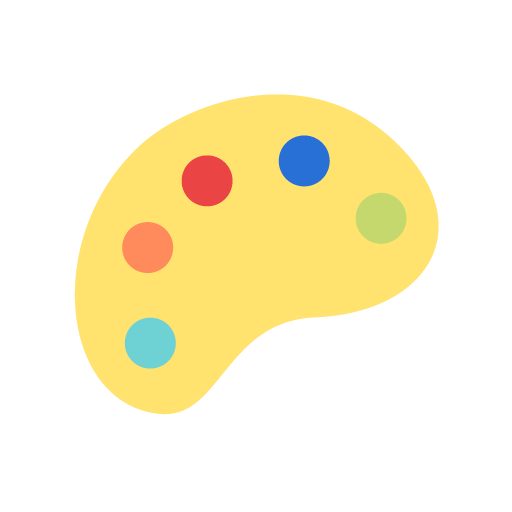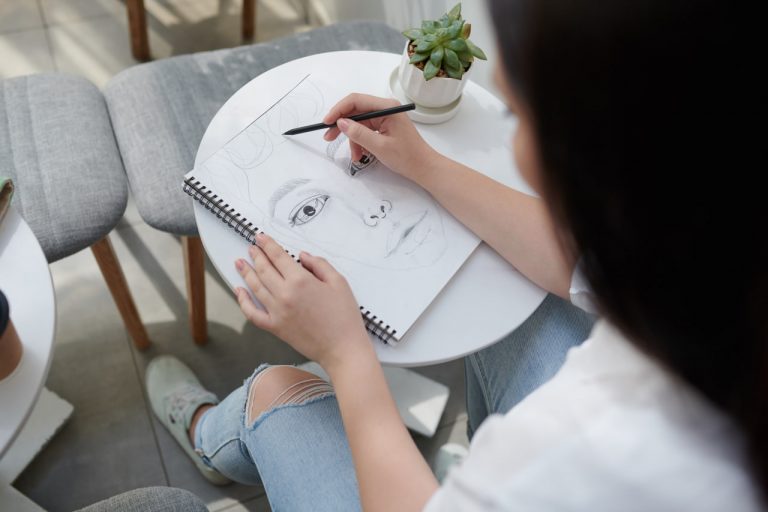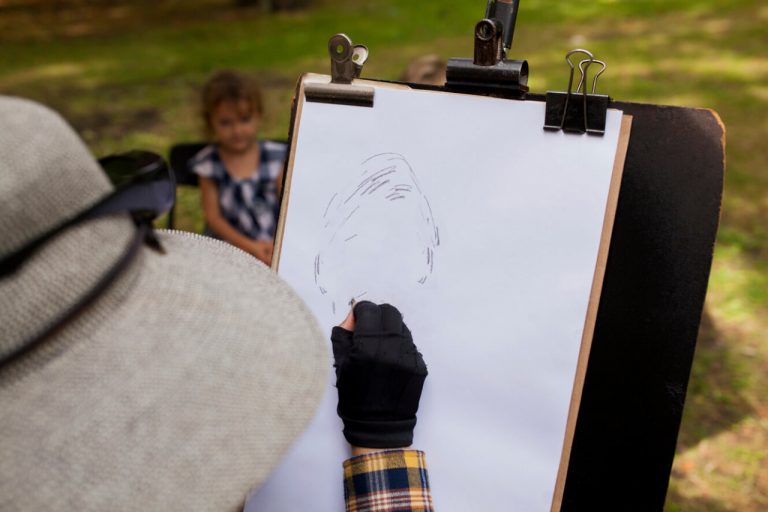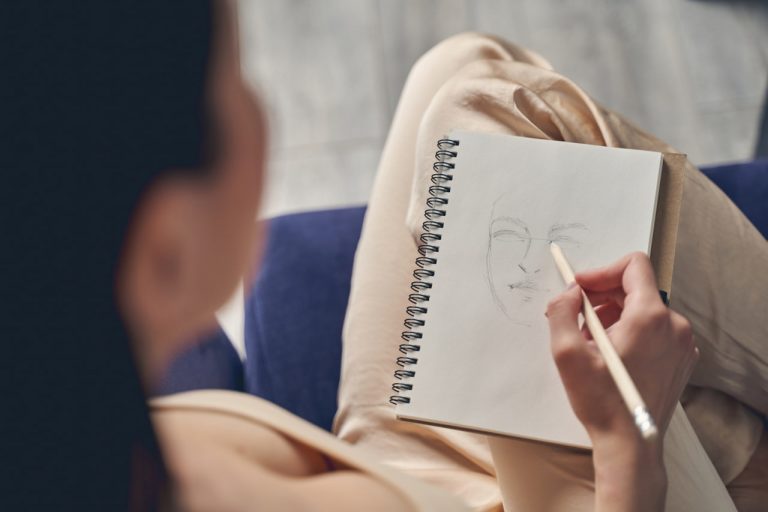Starting your artistic journey is exciting, but it doesn’t take long before self-doubt, frustration, or comparison starts to creep in. One day you feel inspired, and the next, you stare at a blank page for hours. This emotional rollercoaster is common among beginner artists, but it doesn’t have to stop you from growing.
Staying motivated as a beginner artist is all about mindset, routine, and understanding that progress isn’t always a straight line. With the right habits and perspective, you can stay inspired, even when your work doesn’t turn out the way you hoped.
Set Small, Achievable Goals
One of the biggest motivation killers is setting goals that are too vague or too big. Saying “I want to be good at drawing” is admirable, but it doesn’t give you a direction. Instead, break your progress down into small, focused goals. For example, aim to draw for 15 minutes a day, or to improve your shading in the next week.
Each small goal you complete builds momentum. It also gives you a sense of accomplishment and clear proof that you’re moving forward, even if the results don’t look perfect yet.
Celebrate Progress, Not Perfection
It’s easy to be hard on yourself when a drawing doesn’t match the image in your head. But if you focus only on what went wrong, you’ll lose motivation quickly. A better approach is to notice what’s improved.
Maybe your lines are smoother than last week. Maybe you remembered the correct proportions or tried a new tool. These are real wins. Motivation thrives when you acknowledge growth, no matter how small it seems. Keep old drawings and review them after a few weeks. Seeing how far you’ve come is one of the best ways to stay motivated.
Follow a Structure or Curriculum
Wandering through random tutorials and videos can leave you confused or stuck. A structured learning path helps you avoid burnout by giving you a clear sense of direction. When each lesson builds on the last, it’s easier to trust the process and see how everything connects.
You don’t have to stick to a strict schedule, but following a course or learning plan can prevent you from jumping around too much. As a result, you’ll feel more in control—and more motivated to continue.
Connect with Other Artists
Art can feel lonely, especially if no one around you shares your interests. Finding a community of other artists, whether online or in person, makes a big difference. When you see others going through the same struggles and victories, it reminds you that you’re not alone.
Sharing your work, asking questions, or even just commenting on someone else’s post can build a sense of belonging. Encouragement and feedback from others keep motivation alive, especially on days when you feel like giving up.
Create Without Expectations
Some of the best motivation comes when you allow yourself to draw just for fun. Not every sketch has to become a masterpiece. Set aside time to doodle, experiment, or try new styles without worrying about the result.
This kind of low-pressure practice keeps your creativity flowing and removes the fear of failure. The more you enjoy the process, the more likely you are to return to it. Make space for art that feels playful and personal.
Track Your Habits
Motivation doesn’t always show up on its own. That’s where habits come in. Building a simple drawing routine helps you keep going even when you’re not feeling particularly inspired. Try setting a time each day or week to draw, even if it’s just for five minutes.
Keeping a habit tracker or visual calendar can be helpful too. Seeing a streak of consistent practice feels rewarding and gives you a reason to keep it going. Over time, the habit itself becomes a source of motivation.
Remind Yourself Why You Started
Whenever your motivation fades, take a moment to remember what drew you to art in the first place. Was it the joy of creating something from nothing? A desire to express your ideas? The challenge of learning a new skill?
Write it down and keep it somewhere visible. On tough days, return to that reason. Your “why” is a powerful source of long-term motivation. When you stay connected to your original purpose, it’s easier to push through temporary frustration or self-doubt.



